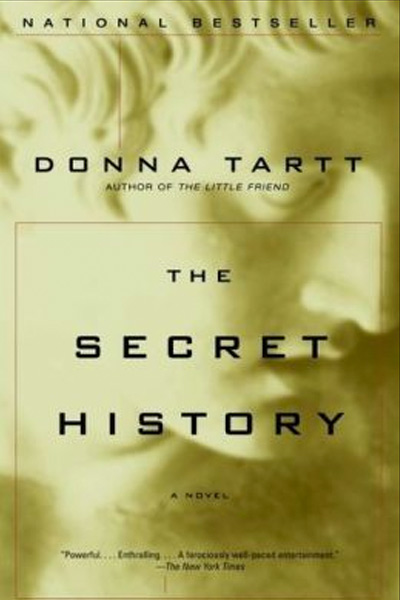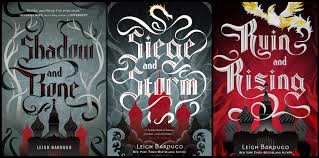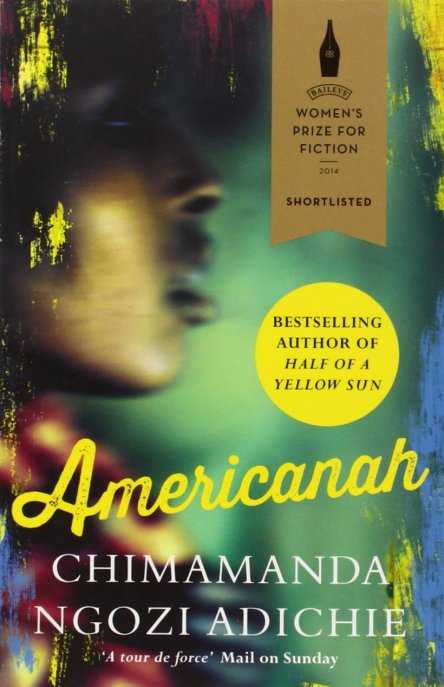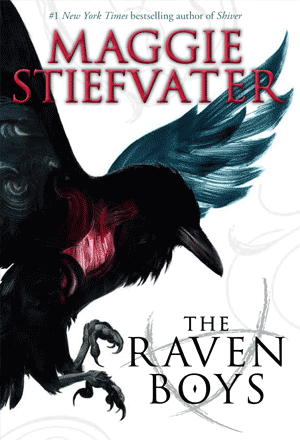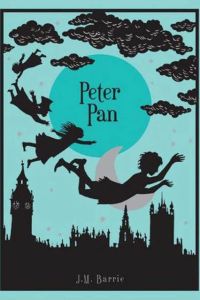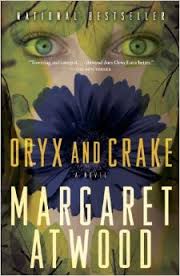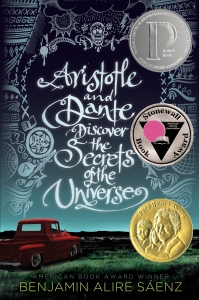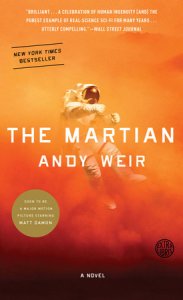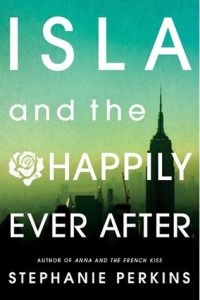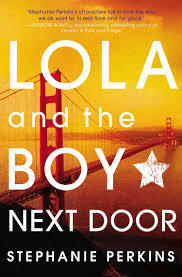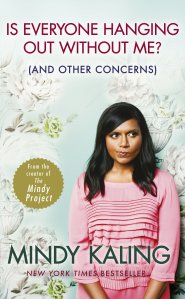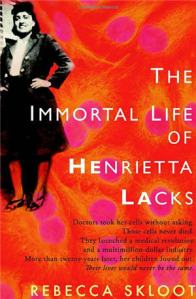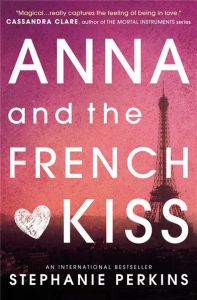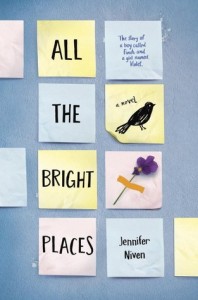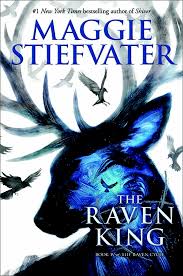
I’ve been waiting for this one.
Maggie Stiefvater is one of my favorite authors, and this was the last book in her Raven Cycle series. Reviews of the first three books can be found just about anywhere on the Internet. Some of these blatantly worship her work, and I’m not sure I disagree.
As the last book in a series that’s been so well received, there was a lot to live up to. A satisfying climax, ending, and all the middle bits, were needed. Let me just say that Maggie Stiefvater delivers.
First, the middle bits.
The characters. Oh my goodness, the characters in this book are real. They were fleshed out and completely believable in the previous books, with bad coping mechanisms and earned relationships, but The Raven King made them real people. Gansey, as one brilliant example of many, has been shown to have many sides to him: Richard Campbell Gansey III, Gansey the scholar, Gansey the boy, Gansey on fire. In the past, he’s been both in control and hopelessly lost, a confident leader and a constant doubter. The Raven King took him to another level. He’s grown as the series has gone on, and he’s real enough to do so while also remaining immature in some ways, a treasure hunter hero that tires of his work and its wonders. He’s a thousand year old teenager.
Gansey is just one example. Not only do we get further characterizations of Blue and her raven boys, we also get perspectives of new characters. These people, particularly Artemis and Gwenllian, make the world real. They make it obvious that Maggie Stiefvater has built a bigger world than can be explored in one series. It is a world full of magic and rules and magical rules that are revealed with mistakes and guesses and last ditch chances. And that world is nothing short of wonder-ful.
Let’s move on to the ending.
Expectations were high. There’s a lot of ways this story could have gone and lots of hints of direction from various readers and even Maggie herself.
Oftentimes, you want closure when a book ends. Maggie delivers that, but it’s also open in a way that lets readers fill in the blanks. It’s less of Maggie telling us where they go from here and more of her asking us. There’s satisfying closure after the climax, followed by the best kind of ending.
And the climax.
We knew this was coming. Whether or not you follow Maggie on social media, picking up all the hints, blatant and otherwise, you knew this was coming. So much so that it seems like foreshadowing was invented for this book series. That, or Maggie Stiefvater has taken it to some other level. Extreme foreshadowing. One of the best part of the Raven Cycle is rereading them. Every plot twist, every relationship, every part of the Raven King was foreshadowed. I can only imagine the amount of planning and outlining and editing that Maggie had to do to pull it all off, and I can only study the series in order to achieve something similar in my own writing. I would encourage any and all writers to read it, to study it, and to take its lessons, content- and structure-wise, to heart.
Too long; didn’t read? It’s so good guys. Read the whole series. Then read it again.
